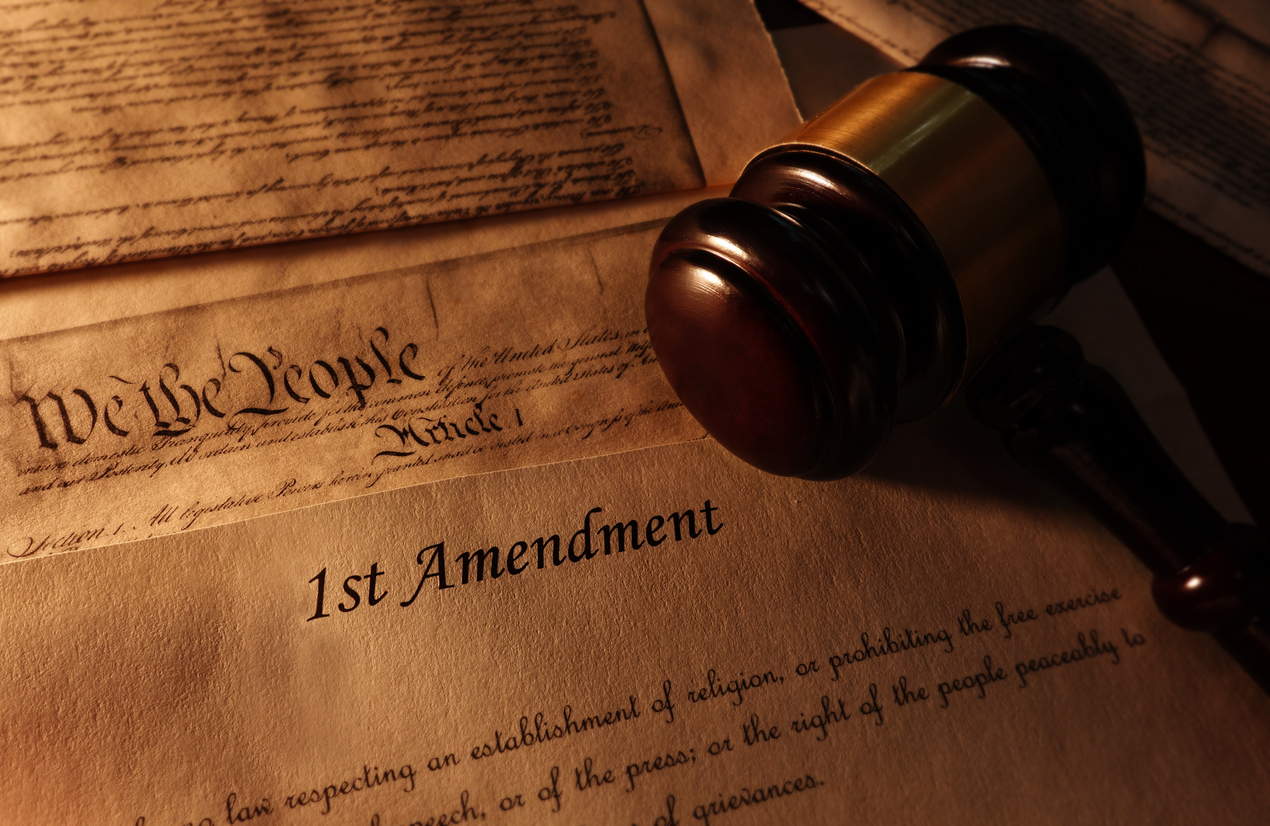What Do Faith-Based Nonprofits Need to Know About State Property Taxes?
By Alexa Kawlewski
What is Property Tax?
Property tax is imposed on the assessed value of real property (meaning fixed property – usually land or buildings). Typically, property tax is imposed at an annual rate of 0.28% to 2.49% of the assessed value of the taxpayer’s property, depending on the state.
Note that, while this blog post focuses on taxation of real property, some states (like Connecticut) also have property tax requirements for certain personal property, such as automobiles.
As with other types of taxes, traditionally the real property of faith-based nonprofits and other charitable and humanitarian organizations has been considered outside the category of subjects of government property tax.1 This exemption goes back to ancient times, with property tax exemptions for churches recorded in Sumeria, Babylon, Egypt, Persia, and Israel.2
Why are Certain Properties Exempt?
Why are churches and charities generally exempt from property tax? Different civilizations have answered that question differently.
Under the U.S. Constitution, property tax on churches specifically could pose complicated First Amendment concerns because a church that cannot afford its taxes could lose its house of worship.3 Similarly, as described in the adage “the power to tax includes the power to destroy,” allowing the state to tax houses of worship would give the state the power to control or even destroy the exercise of religion.4
The Supreme Court in Walz v. Tax Commissioner of the City of New York warned of the Establishment Clause minefield that would await any government attempt to tax the value of church properties or execute a tax foreclosure on a church.5
How Do Exemptions Benefit Nonprofits?
For nonprofit organizations that have received donations of real property, such as houses of worship or office space, property taxes can present a substantial, even unsustainable, financial burden. The money spent on such annual property tax payments could otherwise be applied to the organization’s mission and programming.
Organizations that expect to have extensive campuses must at least consider the scope and availability of state property tax exemptions in evaluating options for the organizations’ headquarters and operating sites.
What Different Kinds of Exemptions Are There?
Exemptions from property taxes come in varying forms. Some states grant broad exemptions and others grant only narrow exemptions. Broad exemptions typically cover the property used by most or all 501(c)(3) organizations, if the property is used for the organizations’ charitable or religious purposes. Narrow exemptions may cover only certain types of property, like houses of worship, or only certain groups or types of charitable organizations.
Note that the breadth and application of a property tax exemption may be different depending on whether the exemption is given for property owned by certain religious organizations, or only if the property is used for certain religious or charitable purposes. For example, in Louisiana a property tax exemption is given for "property owned by a nonprofit corporation or association organized and operated exclusively for religious, dedicated places of burial, charitable, health, welfare, fraternal, or educational purposes, no part of the net earnings of which inure to the benefit of any private shareholder or member thereof and that is declared to be exempt from federal or state income tax . . ." 6
To receive the property tax exemption in Louisiana, the property must be owned by a tax-exempt nonprofit operated for religious purposes; there is no explicit requirement that the property be used only for religious purposes to maintain the exemption. In contrast, many states provide the exemption not based on the ownership but on the use of the property.7
States may grant automatic, broad exemptions for the property owned by certain religious and/or charitable organizations.8 But often a state will require organizations to apply for and be granted an exemption from property taxes.
Exemptions are often controlled at the county level. This means a county office in your state, rather than the state government itself, is likely responsible for issuing your exemption. While this is not the rule everywhere, most states operate this way.
What Do I Do Now?
Now that you understand what state property taxes are and how they can affect religious organizations and churches, it is time to take action. Review all property owned by your organization. Then go to Napa Legal’s Multi-State Compliance Matrix and find the relevant laws for any state in which your organization owns property. Once you find the state property tax law, and what exemptions are available, you will be able to determine whether any of these laws apply to any property owned by your organization. If these laws do apply to you and you don’t know what to do next, it may be time to speak to an attorney or tax professional.
You may also want to consult Napa Legal’s Faith & Freedom Index to explore the laws of the different states and see how each state ranks on property taxes and other factors that may affect your organization.
------------------------
1 See Walz v. Tax Commissioner of the City of N. Y., 397 U.S. 664, 673 (1970) (noting state determinations that “certain entities that exist in a harmonious relationship to the community at large, and that foster its moral or mental improvement, should not be inhibited in their activities by property taxation or the hazard of loss of those properties for nonpayment of taxes”).
2 Evelyn Brody, Property Tax-Exemption for Charities: Mapping the Battlefield 173 (2002) (citing Whitehead 1992, 522-45, Pfeffer 1953, 183).
3 Id. at 178.
4 Id. at 179.
5 Id. at 184 (citing Walz, 397 U.S. 674).
6 Louisiana Constitution Art VII, §21.
7 See, for example, Illinois 200/15-40 (“Property used exclusively for . . . religious purposes . . . qualifies for exemption as long as it is not used with a view to profit.”).
8 Most of these states still require an application for exemption be filed with the county where the property is located, even if they guarantee the exemption will be granted.
.png)




